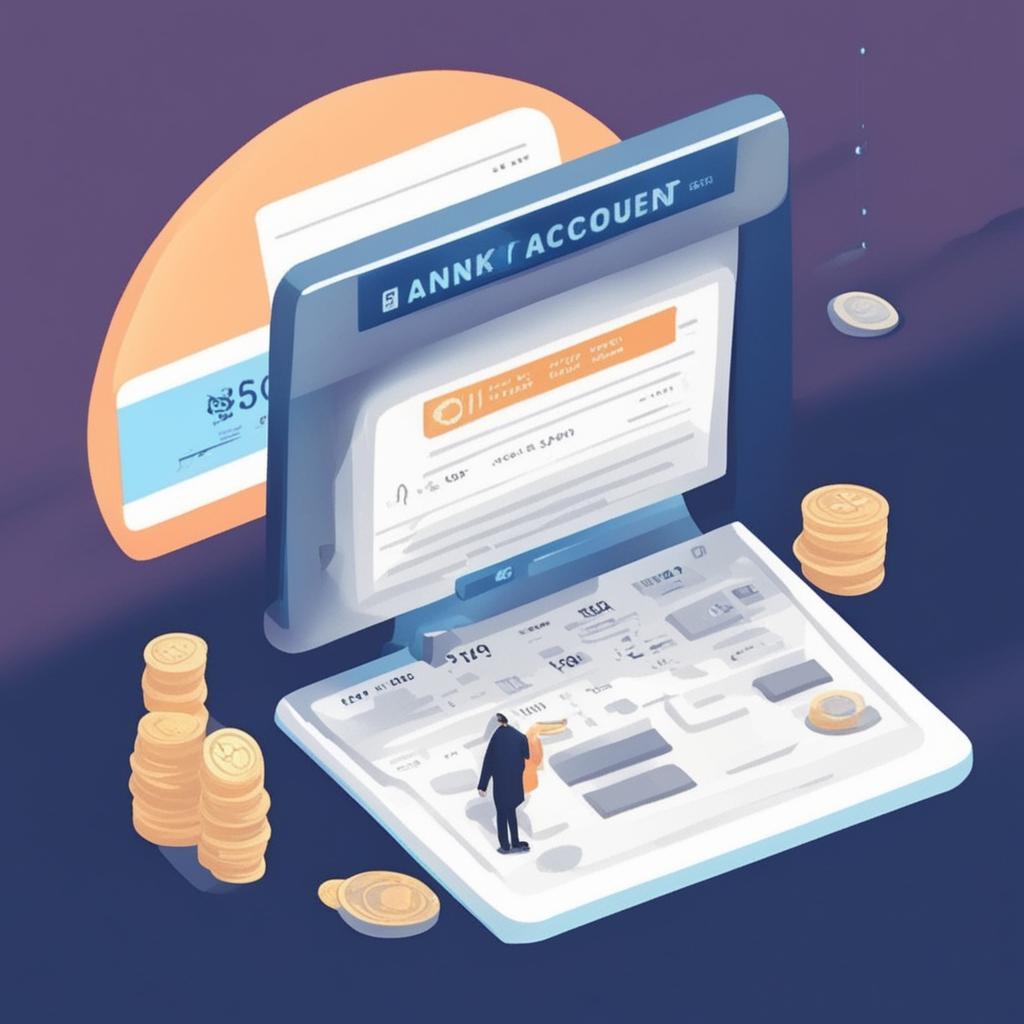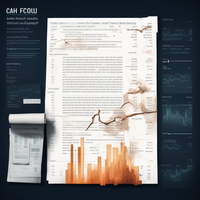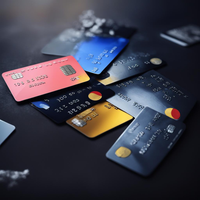Checking Accounts

A checking account is one of the most common banking products used by individuals and businesses alike. It provides a convenient method for managing day-to-day financial transactions, allowing account holders to deposit money, make payments, and access funds easily.
Features of Checking Accounts:
Opening an Account: To open a checking account, individuals typically need to visit a bank branch or complete an online application. They may be required to provide identification documents such as a valid ID or passport, proof of address, and sometimes a social security number.
Deposit Requirement: Most banks require an initial deposit when opening a checking account. The minimum amount varies from bank to bank, but it is generally low compared to other types of accounts.
Check Writing: One key feature of checking accounts is the ability to write checks for payment purposes. Checks act as written instructions, allowing the recipient (payee) to collect money directly from the account holder's (drawer's) balance.
Debit Cards: Most checking accounts come with debit cards that allow for easy access to funds through ATMs or point-of-sale transactions at merchants' locations where payment can be made without using cash.
Online/Mobile Banking: Modern checking accounts offer online and mobile banking services that enable customers to manage their funds conveniently from their computers, smartphones or tablets. These services often include features such as bill pay functions, fund transfers between accounts within the same bank or even across different banks.
Overdraft Protection: Banks may offer overdraft protection for their customers who spend more than their available balance in their checking accounts due to insufficient funds; this feature saves them embarrassment from declined transactions while charging them fees for borrowing temporarily until they replenish negative balances.
Interest-bearing vs Non-interest bearing: Some banks provide interest on certain types of checking accounts based on specific criteria such as minimum balance requirements. These accounts may offer a small interest rate on the money deposited, while non-interest bearing accounts do not generate any interest.
Benefits of Checking Accounts:
Convenience: Checking accounts allow easy access to funds, ensuring smooth financial transactions in personal and professional lives.
Safety: Keeping money in a checking account offers security compared to carrying large amounts of cash that are susceptible to loss or theft. Banks also provide safeguards against fraudulent activities.
Record-keeping: With checking accounts, individuals have detailed records of their transactions, which can be beneficial for budgeting and tax purposes.
Financial Management Opportunities: Online banking features enable users to analyze spending patterns through transaction history reports or integrate with expense tracking tools for better financial planning.
Direct Deposit and Automatic Payments: Employers can deposit salaries directly into a checking account using direct deposit services, ensuring immediate access to funds upon payday; automatic bill payments help avoid missed due dates by setting up recurring withdrawals to cover regular expenses automatically.
In conclusion, checking accounts are essential banking products offering numerous benefits including convenience, safety, record-keeping capabilities, and easy management of day-to-day financial affairs through check writing, debit cards, and online/mobile banking services provided by banks worldwide.
Sponsored
Sponsored
Sponsored
Explore More:

Operational Risk
Operational risk is the potential for loss resulting from inadequate or failed internal...

Market Risk
Risk management in banking is a critical aspect of the banking industry. Managing...

Credit Risk
Risk management in banking is a critical aspect of the banking industry. Managing...

Risk Management in Banking
Risk management in banking is a critical aspect of the banking industry. Managing...

Glass-Steagall Act
The Glass-Steagall Act, also known as the Banking Act of 1933, was an...

Dodd-Frank Act
The Dodd-Frank Act, officially known as the Dodd-Frank Wall Street Reform and Consumer...

Basel Accords
Banking regulations refer to the laws, rules, and guidelines imposed by regulatory authorities...

Banking Regulations
Banking regulations refer to the laws, rules, and guidelines imposed by regulatory authorities...

Cash Flow Statement
The cash flow statement is an important financial statement for banks as it...

Income Statement
The income statement is an essential component of a bank's financial statements. It...

Balance Sheet
The balance sheet is one of the most important financial statements used by...

Bank Financial Statements
Bank financial statements provide a comprehensive overview of a bank's financial performance and...

Online and Mobile Banking
In today's rapidly evolving technology landscape, the banking industry has undergone a significant...

Credit Cards
Credit cards are one of the most prominent banking products offered by financial...

Understanding Different Types of Bank Loans: Features and Benefits for Personal and Business Financing
Loans are a core offering of banking institutions, providing individuals and businesses with...

Saving Accounts
Introduction In the world of banking, saving accounts are one of the most...